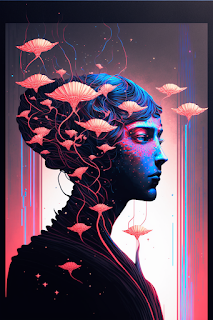What is time, and how do we talk about it? Aristotle defines time as “the calculable measure of motion with respect to before and afterness.”
In the English language, an abundance of expressions exists to talk about time, phrasal verbs being among the most numerous. Their formulas consist of a few words in a string comprising a verb and particle, e.g., “We ran out of time, so we scheduled a follow-up meeting.” These phrasal verbs are tricky to memorize for second language learners of English dialects; a missing, stray, or incorrect element can throw off the meaning and result in a humorous or harmful gaffe, and at the least, charming miscommunication, as in “We ran up to time, so we scheduled a follow-up meeting.”
Native speakers of English may not think about using phrasal verbs consciously, yet they are everywhere we speak. Staying with the example of time, we: make, use, and put in time; have it to spare and also run out of it; carve it out; spend, waste, and save it; take a time out; and take time off. More poetically, we set it aside, and idle, while, and fritter it away. Time is money. It flies, and it heals all wounds.
Chronemics however, focus on what we are saying by what we are doing. Are we late, unresponsive, interrupters? What does that say about a character? It is a bit like body language, only for time.







